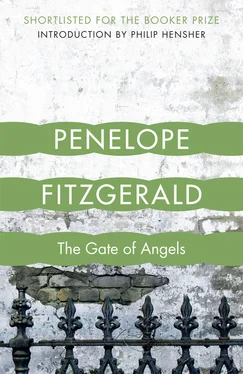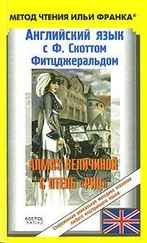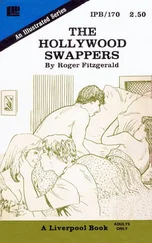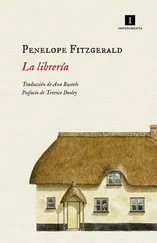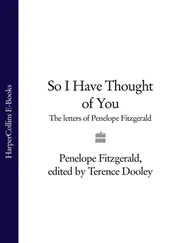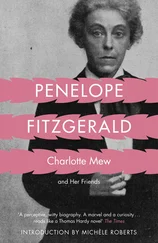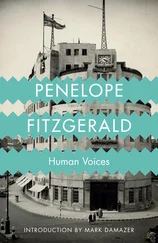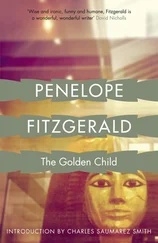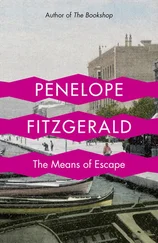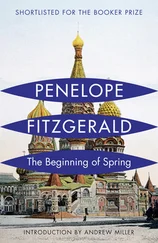‘It was a recognisably human glance, in my opinion,’ the Provost had said. ‘There seemed a spark. Yes, some kind of communication. If we could have seen the whole skeleton, I fancy it would have had its hand over its heart.’ The Chaplain of Angels said later that it had been a mistake for the Senior Tutor to go out to Spain with the Provost, who wrote ghost stories in his spare time, and read them aloud, and who was nothing but an old woman when it came to bones and graveyards. ‘And what the two of them must have suffered! You know that in Spain they put pieces of potato in the omelettes. And. then, to go on mule-back!’
‘I think they took a local train from Zaragoza,’ someone corrected him.
‘A Spanish train! Worse, much worse,’ said the Chaplain.
The second distinction of Angels was its size. It was the smallest college in Cambridge, and had never shown any signs of wanting to extend or expand in any direction. It had been built, at the beginning of the fifteenth century, on a plan as unlike a monastery as possible. Although everything was in miniature, it resembled a fortress, a toy fortress, but a toy of enormous strength, with walls 3 1/ 2feet thick, built without rubble. There were no cloisters, no infirmary, no hospice, no welcome (to be honest), to those, strangers or not, arriving from outside, no house apart for the Master, who crowded in on an upper floor along with the Fellows, an arrangement which had caused him to be known in the old days as Master Higgledy-Piggledy. As time went by, more openings in the roof were grudgingly allowed for chimneys, and fireplaces were built in the rooms, and one cold water tap on each landing. As to the students, in 1415 none of the colleges had anywhere for them to sleep, and St Angelicus, in 1912, still hadn’t. There were no hostels for them either. They had to find their own lodgings, and six o’clock in the evening took the last of them away, like roosting birds, their chatter fading into the distance, after which they were forgotten till the next morning. There was no room in the court for their bicycles, which had to remain stacked outside the Great Gate. Over the gate the heraldic arms, weathered almost flat with the wall, showed two angels asleep, waiting for the Day of Judgement when Benedict XIII will be shown at last to be indisputably right, and all the proceedings of the Catholic Church since 1396 will be annihilated and trodden into the dust, for all of them have been made on false authority. The motto, Estoy in mis trece , not altogether suitable for a place of learning, was one of Benedict’s few recorded remarks. It is translated as ‘I have not changed my mind’, but ‘nothing doing’ might be nearer.
The college, then, had learned the art of living in a small space. There were the cellars, of course, and these extended beyond the college buildings themselves, some way underneath Butts Green. 1911 had been a good year for hock and champagne, and Angels had laid in considerable supplies, and were debating whether to burrow even further and to construct another vault. But, above ground, there were only the Master, the college servants and six Fellows. In other colleges the Fellows for the past thirty years had been allowed to marry and live out, but in the statutes of St Angelicus this was forbidden. The number of problems which, in consequence, did not need discussing resulted in a great saving of time, but labour, too, had to be saved. The Junior Fellowship which Fred had been granted meant combining the jobs of assistant organist, assistant librarian, deputy steward, and assistant deputy treasurer. The words assistant, deputy, and so forth didn’t mean that there was necessarily anyone above him to do the work, only that he must do it without being paid.
3
How Fred Got this Job in the First Place
FRED had taken the science tripos, and at a gathering for those who had been awarded a First Class degree he had met Professor Flowerdew. There had been music and refreshments in the open air, ruined by a downpour, as often happens in Cambridge, where the rainfall is believed to be low and risks are taken again and again. Everyone had taken refuge in the Cavendish, where Professor Flowerdew, who did not like parties (still less when they were called gatherings) had been all the time. He was just retreating from the physics laboratory, and with one melancholy sideways movement of his head he invited Fred upstairs to his office. This (like most of the rooms, after all) was dark, and reached by a dingy corridor. The walls were covered with photographs, and more photographs were pinned onto the desks. Fred sniffed the air. It was his ambition to have, one of these days, an office in the Cavendish.
Flowerdew sat down at the desk, leaving the stool near the microscope, and said to Fred, ‘What do you know about me?’
‘I’ve only just finished my first degree,’ Fred replied. ‘Truly, I don’t know anything.’
‘Well, I know something about you. Yes, something. I know you’re a bright fellow. I know you come from a rectory family. They say that at the Cavendish we have to make do with apparatus knocked up out of cardboard and string. But if you come from a rectory you’ll be used to economies.’
‘It’s a great thing you’ve even heard of me at all,’ said Fred.
‘And what next?’
‘I had thought of asking Professor Wilson whether I could work with him. I mean in some capacity. I could help with the photographic plates, perhaps. He was my tutor for advanced practical physics.’
‘C.T.R. Wilson. A very good, very patient Scotsman. Could you read what he wrote on the blackboard?’
‘Usually not. He used to write it with one hand and wipe it off at the same time with the other. But if I had the chance to study his methods –’
‘You want to assist him with the construction of his third cloud chamber. You want to photograph the alleged tracks of ionising particles.’
Fred turned red. ‘These are wonderful years in Cambridge.’
‘You are attracted towards atomic research?’
‘I’ve seen Ernest Rutherford walking into the Cavendish,’ Fred cried. ‘I heard his lectures. It all hangs together. If it works it must be true.’
‘Well, well,’ said Professor Flowerdew. ‘I expect it will hang together for a considerable time, perhaps sixty or seventy years. The belief that Nature, or an invisible god, created the world and assigned everything for a purpose, lasted very much longer than that and worked reasonably well. But we’ve given all that up, because we’ve got no evidence that God or Nature exists.’
‘None at all,’ said Fred. ‘That has to be left to faith. After all, you can only reason from what you can observe.’
‘Quite so,’ said Professor Flowerdew. ‘But atoms are unobservables.’ He pointed to one of the photographs on the wall.
‘Who is that?’ he asked.
Fred floundered, looking at the bearded, enigmatic faces, one of which had been circled in red ink. There were distant men in frock coats and top-hats, standing outside a building he did not recognise.
‘That is Ernst Mach, a photograph taken in Vienna on the occasion of his retirement from the University Chair of physics. I used to be in correspondence with him, now I no longer am. It was from his lectures and his Science of Mechanics that I came to understand the folly of basing any kind of scientific research on unobservables. Mach, don’t forget, is a very deeply respected physicist. He has established, among many other things, the relationship between the speed of objects and the local speed of sound. But in respect of the atom, Mach said to the world, don’t commit yourself to it! An atom is not a reality, it is just a provisional idea, so how can we say that it is situated in space? We ought to feel suspicious of it when we find that it has been given characteristics which absolutely contradict those which have been observed in any other body. There is a continuity of scientific thought, you know. The continuity is now being thrown out of the window. Let us hope we shall remember where it is when, at long last, we find that we can’t do without it.’
Читать дальше
